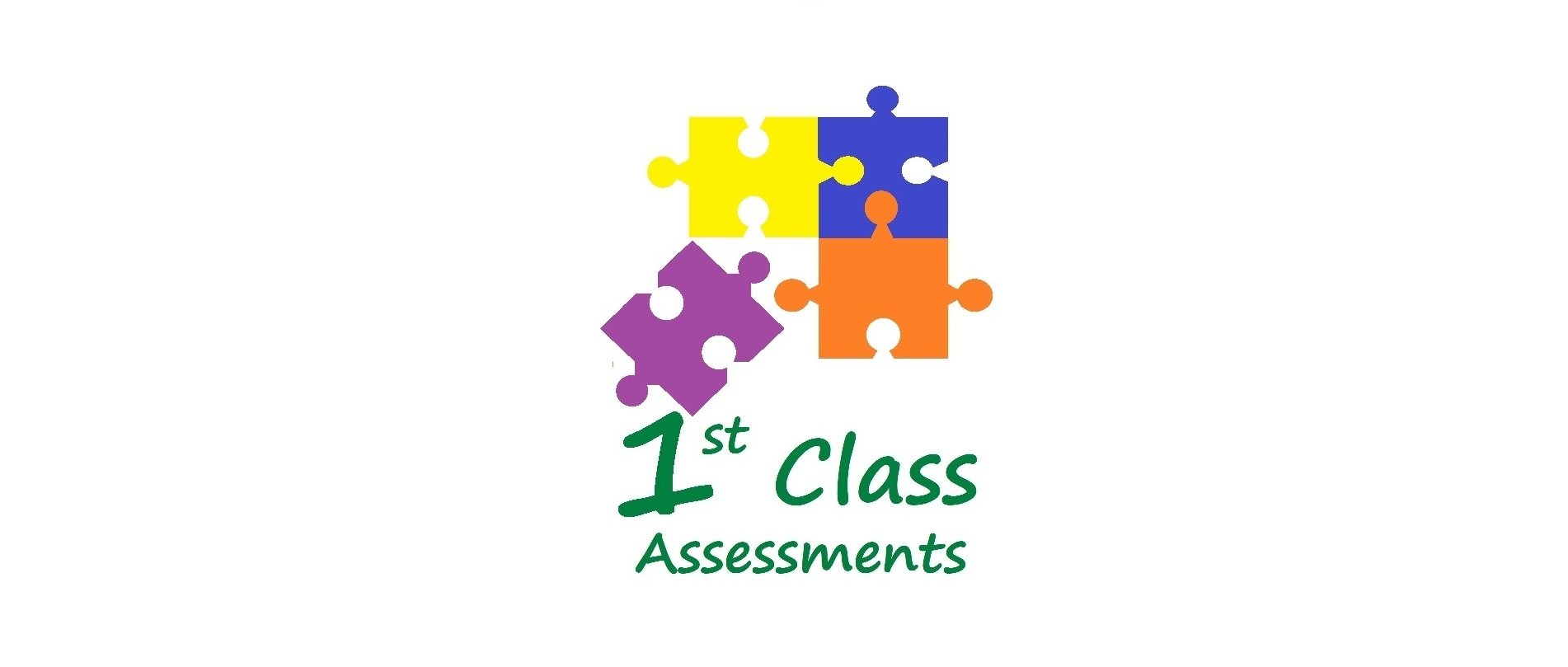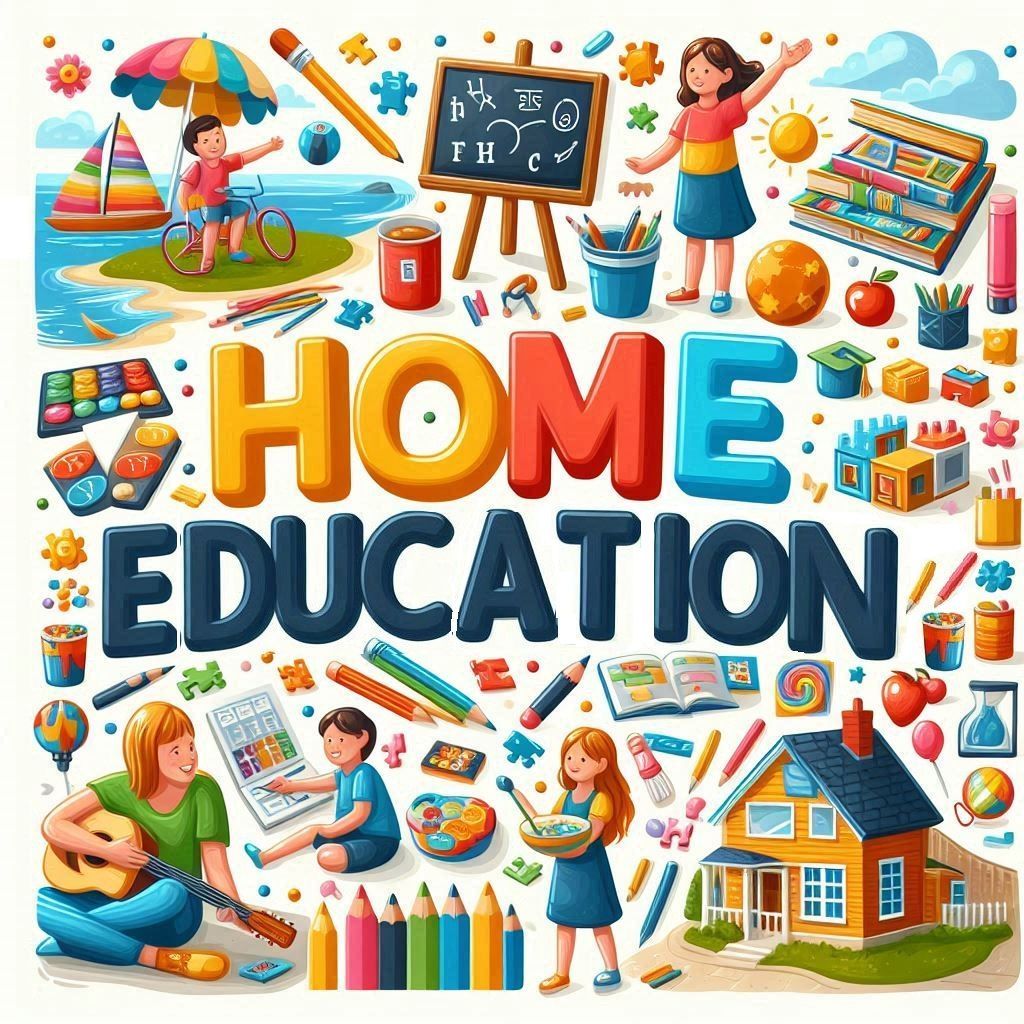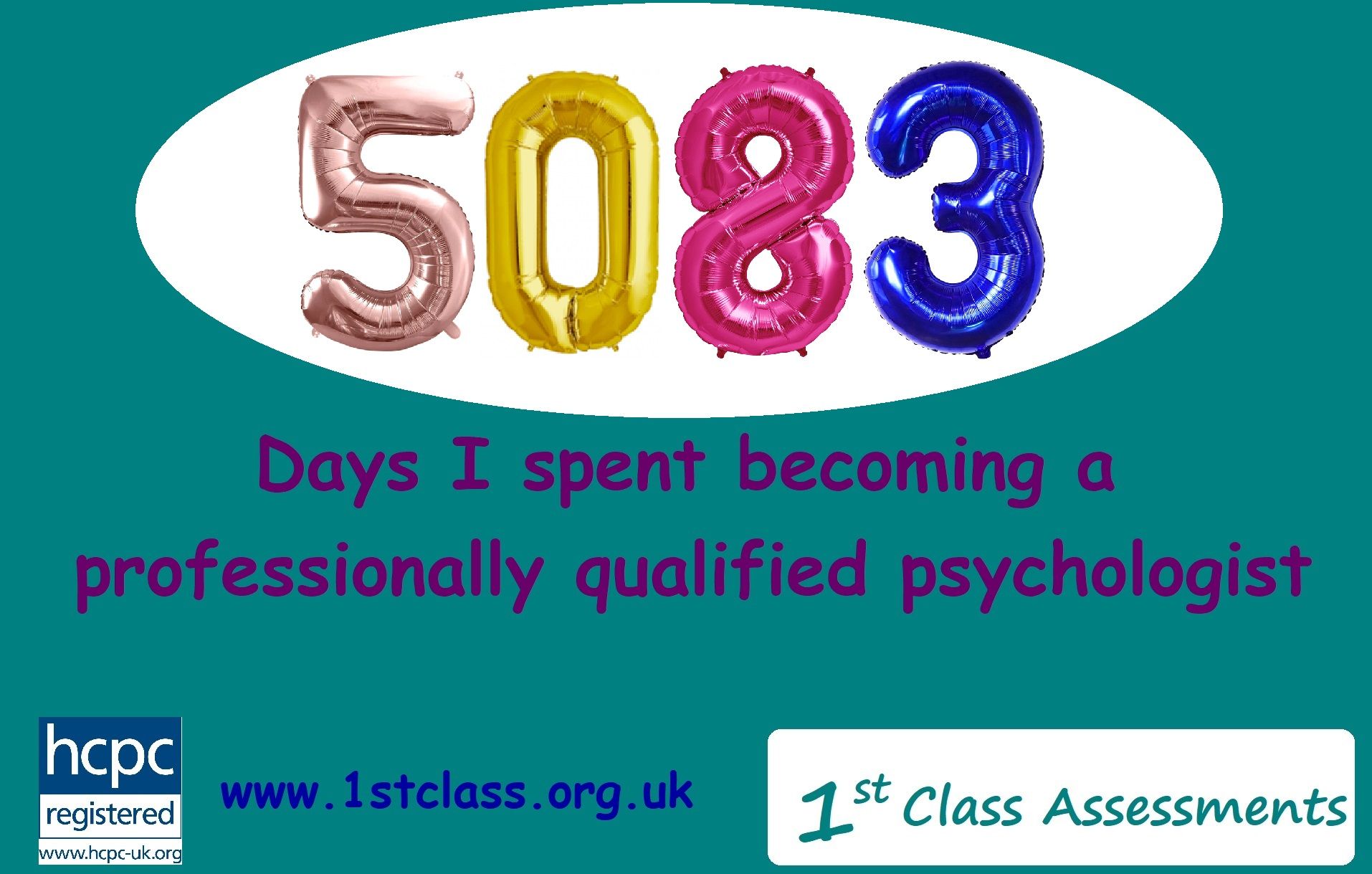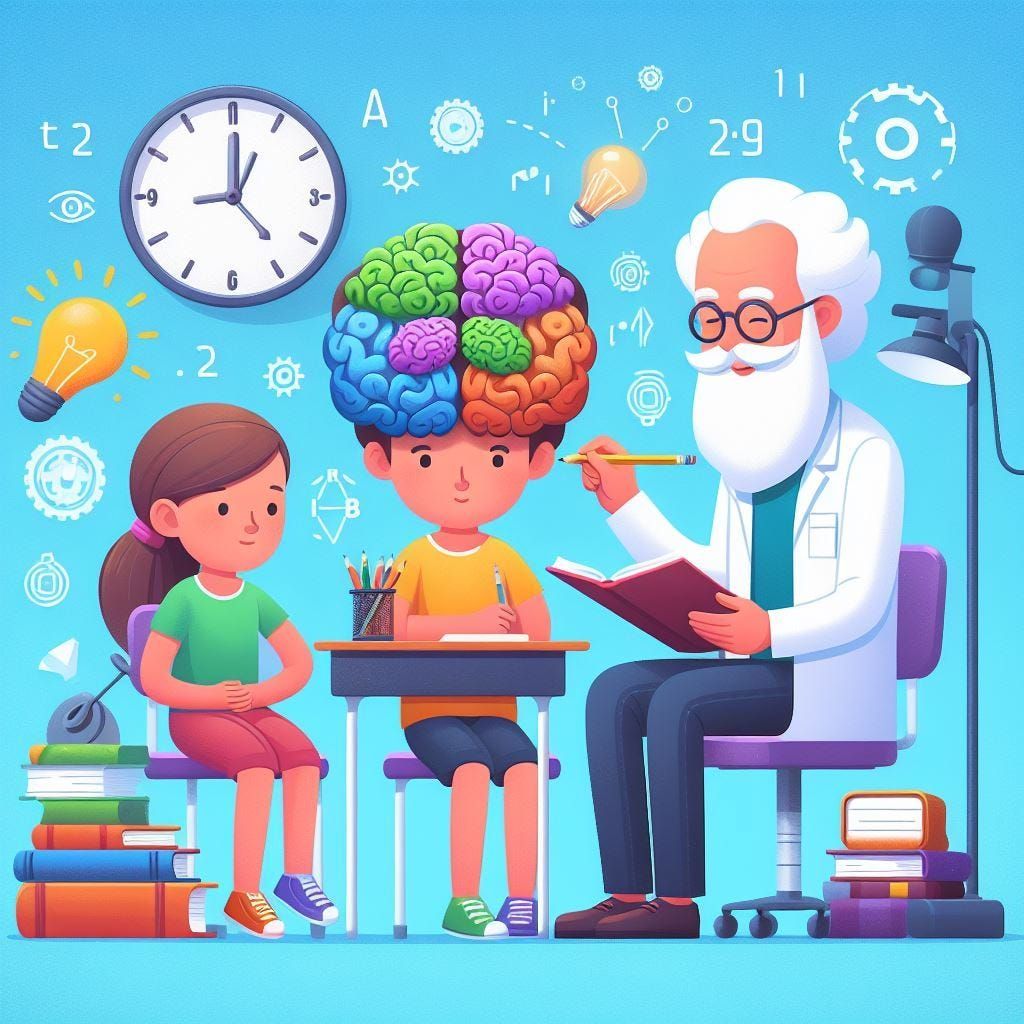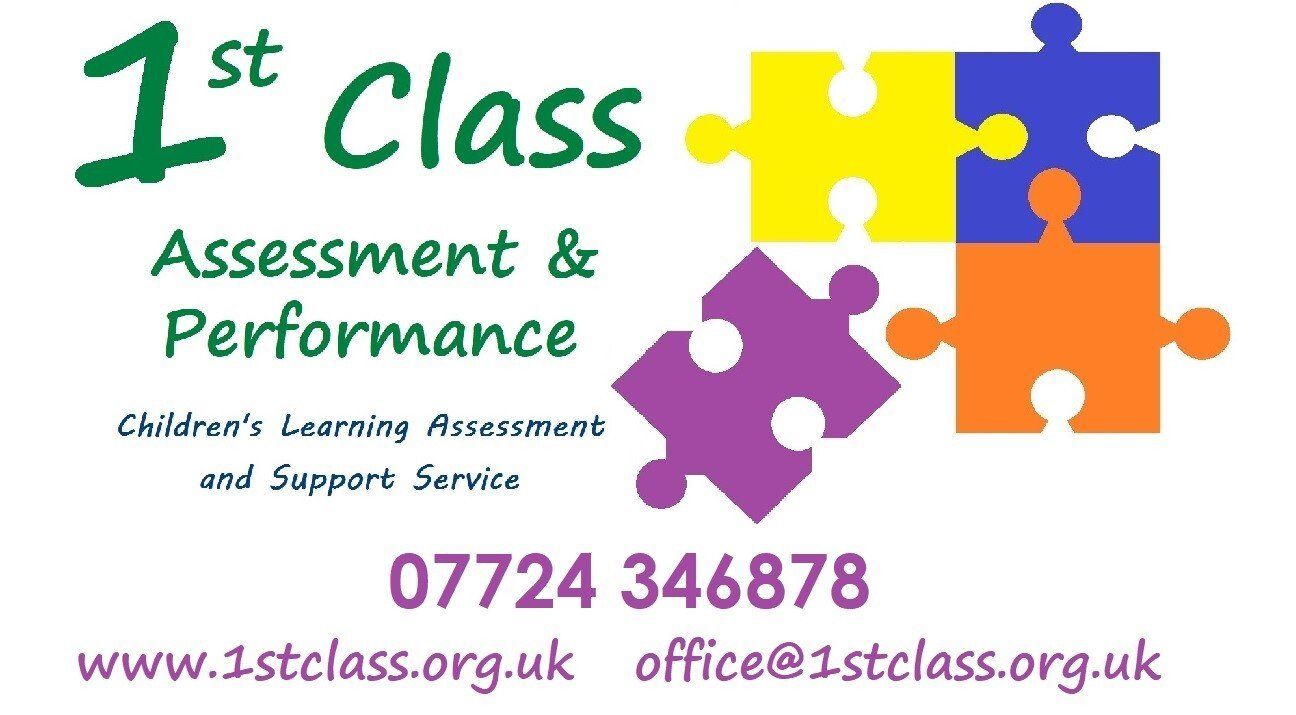Why is assessment a bad word?!
It’s often assumed that assessments of education are bad. Why?
It’s often assumed that assessments of education are bad. Why? What are people assuming is being assessed? Long gone are the IQ testing days, which had so many criticisms: what is IQ? How is it tested? Do IQ tests actually test intelligence? People in professions, the media, the government, or social media make a claim about assessments, but who is actually looking in to the research that has been done behind the scenes for decades in producing assessments that are as reliable and valid as possible?
Modern assessments of learning are not about finding one overall score, and certainly not one single IQ score. They’re not about finding what people do badly or to find areas of criticism or what they could be stopped from doing (such as over 100 years ago, when IQ testing was sometimes used to determine which people should not be educated). Far from it: modern assessments equally want to know where people perform well, as well as what they find difficult, and how their areas of difficulty can be helped to improve. Finding what people are good at can help in the areas they are struggling and build confidence.
Assessments are about investigating a range of skills such as processing, reasoning, working memory, spatial skills, language (understanding and expressive), comprehension, and much more. Assessing a wide range of abilities helps build a profile of skills and gives something to work on to build the areas of difficulty. It can build confidence in children who know they are struggling in some areas, by understanding where they have areas of higher skill levels. Sometimes parents or teachers will have a ‘feeling’ that a child is performing below the expected level for their age, but just can’t put their finger on why. Or they may feel that the child is not performing at the level of their own potential abilities, but without knowing what their abilities are or their current achievements in an age-related way, it isn’t possible for them to say this for certain. Ability and achievement assessments can help identify and confirm these issues, by providing assessment information on a child’s performance relative to age-related expectations and by comparing the child’s performance on ability assessments with achievement assessments.
Assessments for children use game-like and fun activities to measure skills. The abilities being measured are not all assessed by language – especially in younger children where language difficulties may make it hard for some children to demonstrate their skills in other aspects of their learning. Instead, other methods are used such as pointing to selected pictures, ink daubers, jigsaw pictures, and block cubes. The ideal is to work with children so that at the end of the assessment, I have lots of information about their skills across a range of areas, and they feel they’ve had a really fun time! More often than not, the children really enjoy the one to one time and return to their classroom full of stories about it, and are very happy when I return to see them again! Recently, I assessed a 12 year old boy in secondary school who kept telling me he was having such a good time and was really enjoying the activities.
It is massively important - this cannot be stressed more - to use modern assessments which gain as much information as possible, rather than older ones (developed from research that is now outdated) or abridged assessments
where unusual scores would not be noticed. In-depth assessments can use various subtests within each area assessed which makes it clear if some scores are unusual or outliers.
There are some skills that are very important to assess, which are not always able to be easily spotted in a classroom environment, such as working memory, processing, working within time limits, spatial awareness, understanding of social situations, and being able define words. Other difficulties encountered within class, which may be noticed but misunderstood as to why, may be based on other difficulties that are not so easy to spot in the class, such as literacy difficulties or social difficulties being related to expressive and/or receptive language difficulties.
Tests aren’t perfect – that has to be accepted for any test. We know there are criticisms of all exams: SATs, GCSEs, A Levels. However, the assessments used by Educational Psychologists have been based on a huge level of research about the skills being measured and are trialled extensively in order to produce the norms that the scores are compared to. They are regularly updated with new research and changes to populations. For example, the WISC assessment (Wechsler Intelligence Scale for Children) was originally developed in 1949! It is now in its 5th edition (WISC-V), with several changes to scales, subtests and the organisation of them within different domains and addition ancillary evaluations of scores and statistical analyses. Some assessments are from the USA and based on the US population for determining what is an 'average' score, and where other scores lie. Sometimes US tests have to be used in the UK because there isn’t a UK equivalent, but fortunately there is a UK version of the WISC-V and the equivalent achievement assessment, the WIAT-III UK. It is important where possible to use UK versions of tests in the UK, because the standardisation information is gained from the UK population and based on the UK curriculum expectations (which is a huge process of testing a few thousand people on the new tests to see how different samples of the population perform).
What about change over time?
The design of ability assessments is such that the abilities being measured would fall into a range, and if re-assessed on many different days the same person’s score would fall within the same range 95% of the time (the confidence interval). A child’s scores can be influenced by motivation, attention, interests and opportunities for learning, as well as more basic needs such as tiredness, when they last had a break for play, and whether they ate breakfast that morning, and any distractions around them when they are assessed. A child’s scores could be slightly higher or lower if tested again on a different day, therefore scores are viewed as a snapshot of the child’s current level of intellectual functioning and a contribution to an understanding of the child’s current strengths and any needs that can be addressed. This is why it is important that scores are used amongst other information about the child: observation in class, observation of how they performed tasks on the assessment, examination of their class work, discussions with teachers and parents.
Some EP assessments are not designed to be repeated too quickly due to the possibility of practice effects. Assessment books are closely guarded, with severe copyright rules, and most have a time frame within which children shouldn’t be re-assessed (eg. 1 or 2 years). Some can be used more frequently, such as achievement tests which assess areas such as word reading, spelling, maths etc because it can be useful to investigate these more frequently to measure progress.
Some assessments are done by the adults that know a child well. For example, some aspects of communication – especially the pragmatic (social) use and understanding of language – are measured by questionnaires about the child’s communication answered by the adults. Several adults can complete the questionnaires and their answers can be combined in the scoring process, which gives more information and less chance of outlying scores affecting the results.
Who can do assessments?
A quick look on any assessment-selling website (such as Pearson or Ann Arbor) reveals quite literally hundreds of assessments measuring a variety of cognitive, language, achievement, emotional, social skills and more. Importantly, the people buying these assessments must prove their qualifications that enable them to buy and administer the assessments. They are categorised into A, B and C depending on the qualifications needed to use the assessments. A qualified Educational Psychologist can use assessments from all three categories. It is not just about being able to administer the assessments, but more importantly about being sufficiently experienced and knowledgeable about the scoring process and how to interpret what the assessment findings mean.
